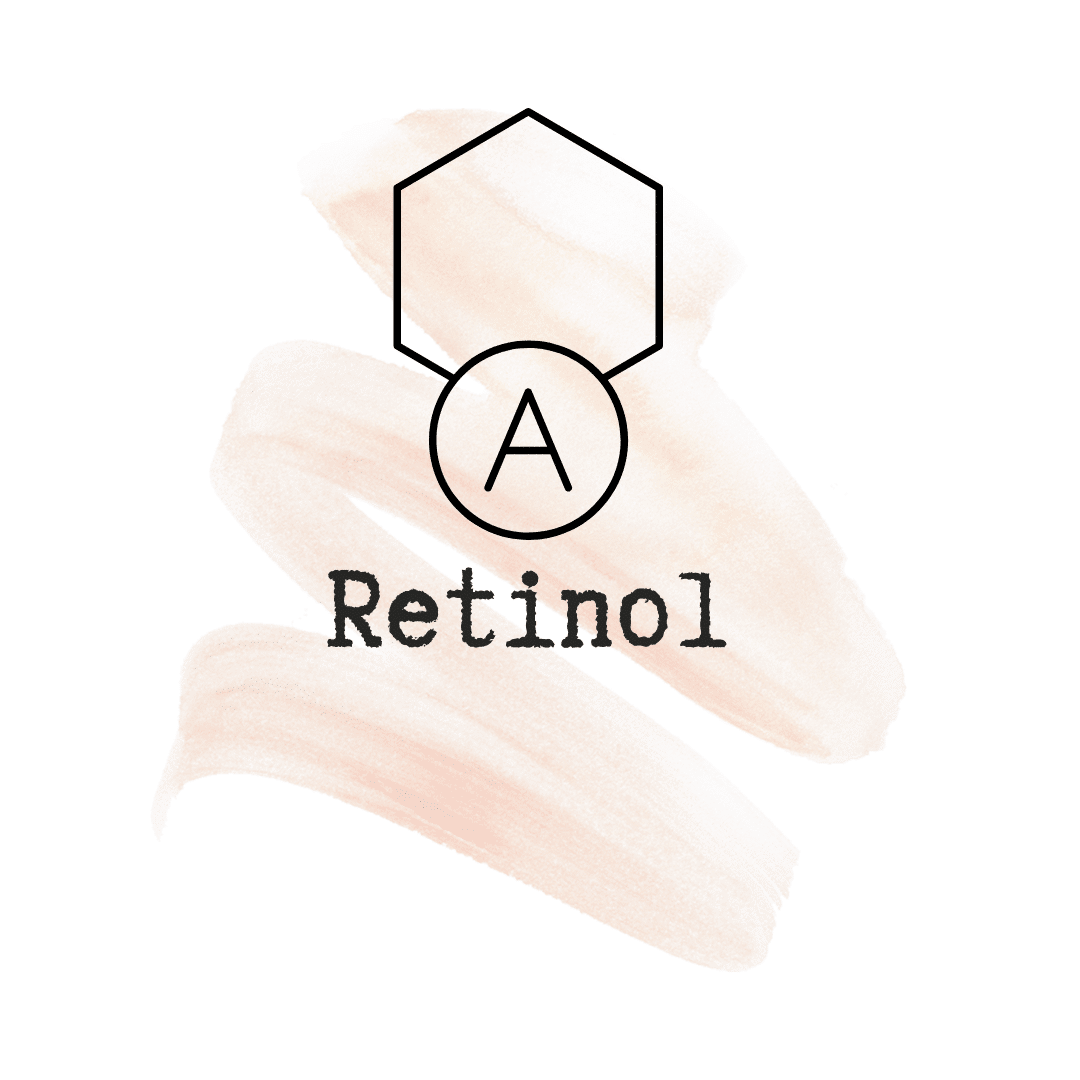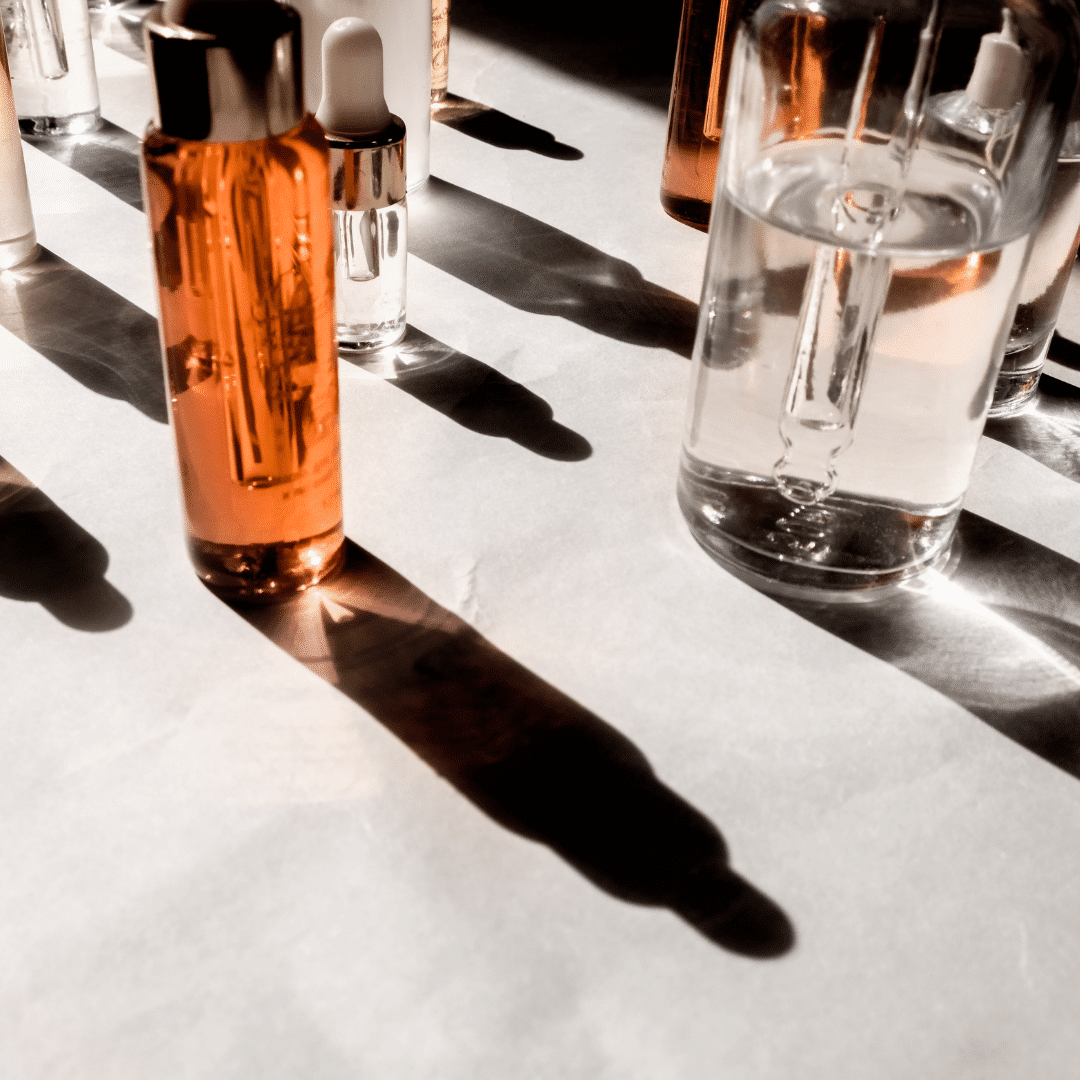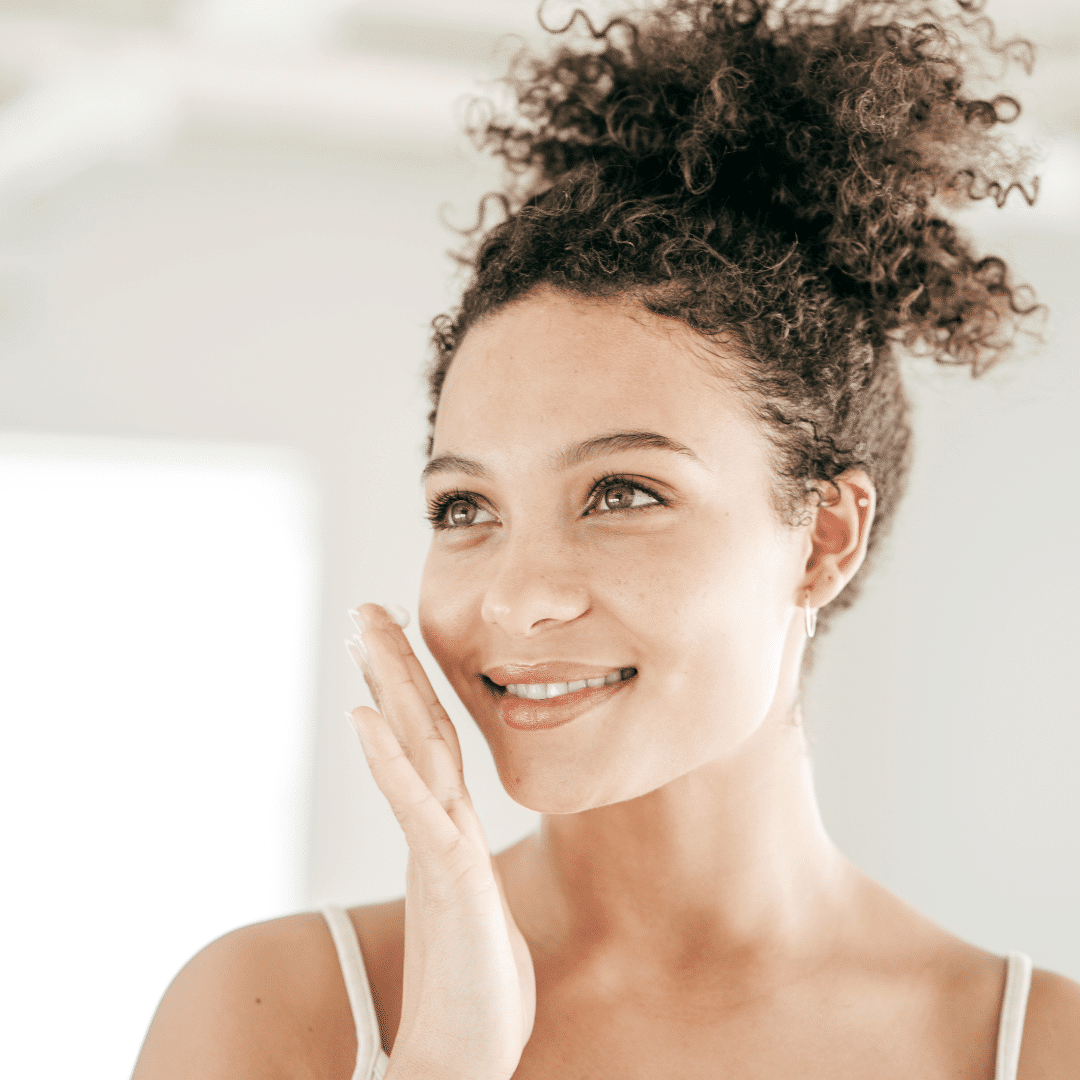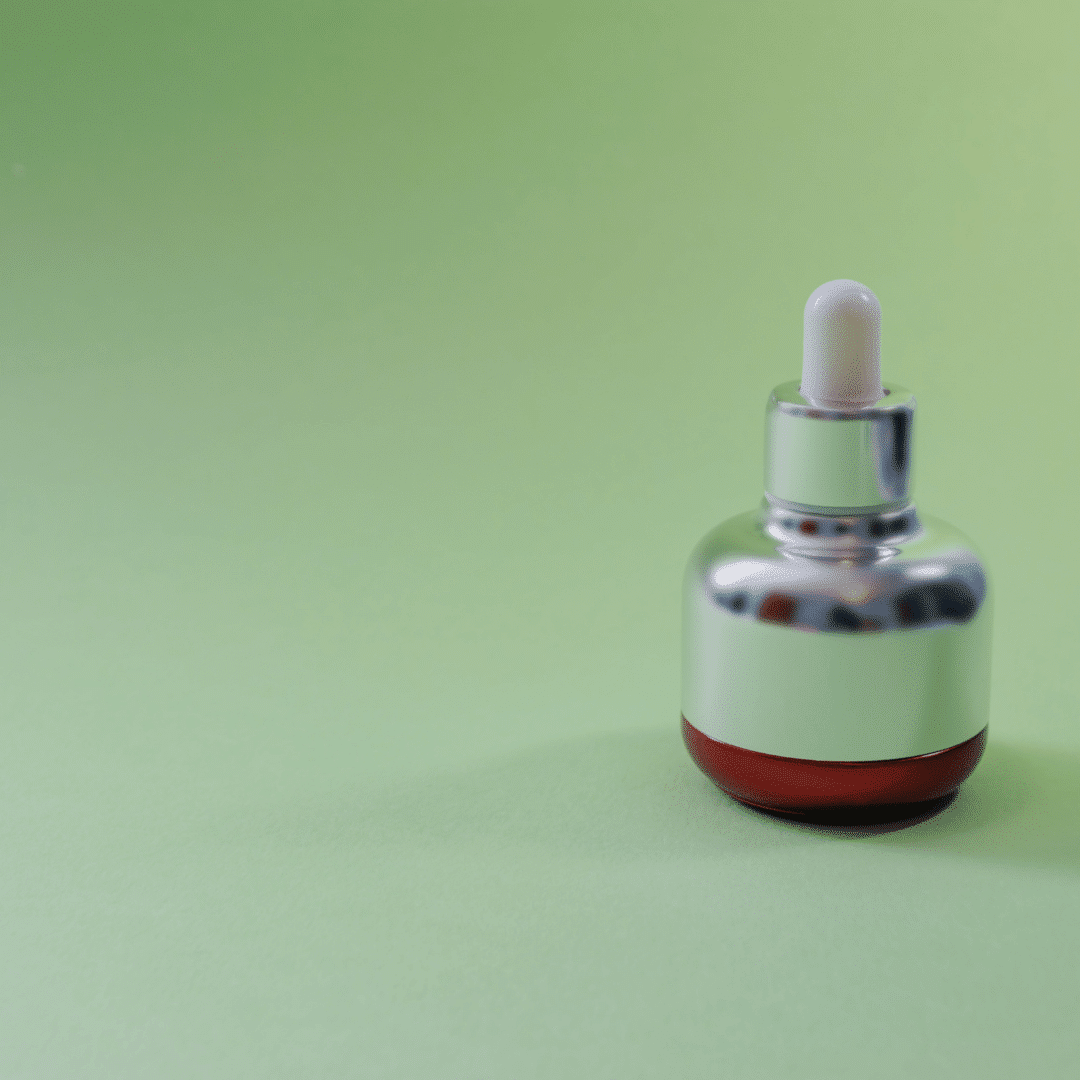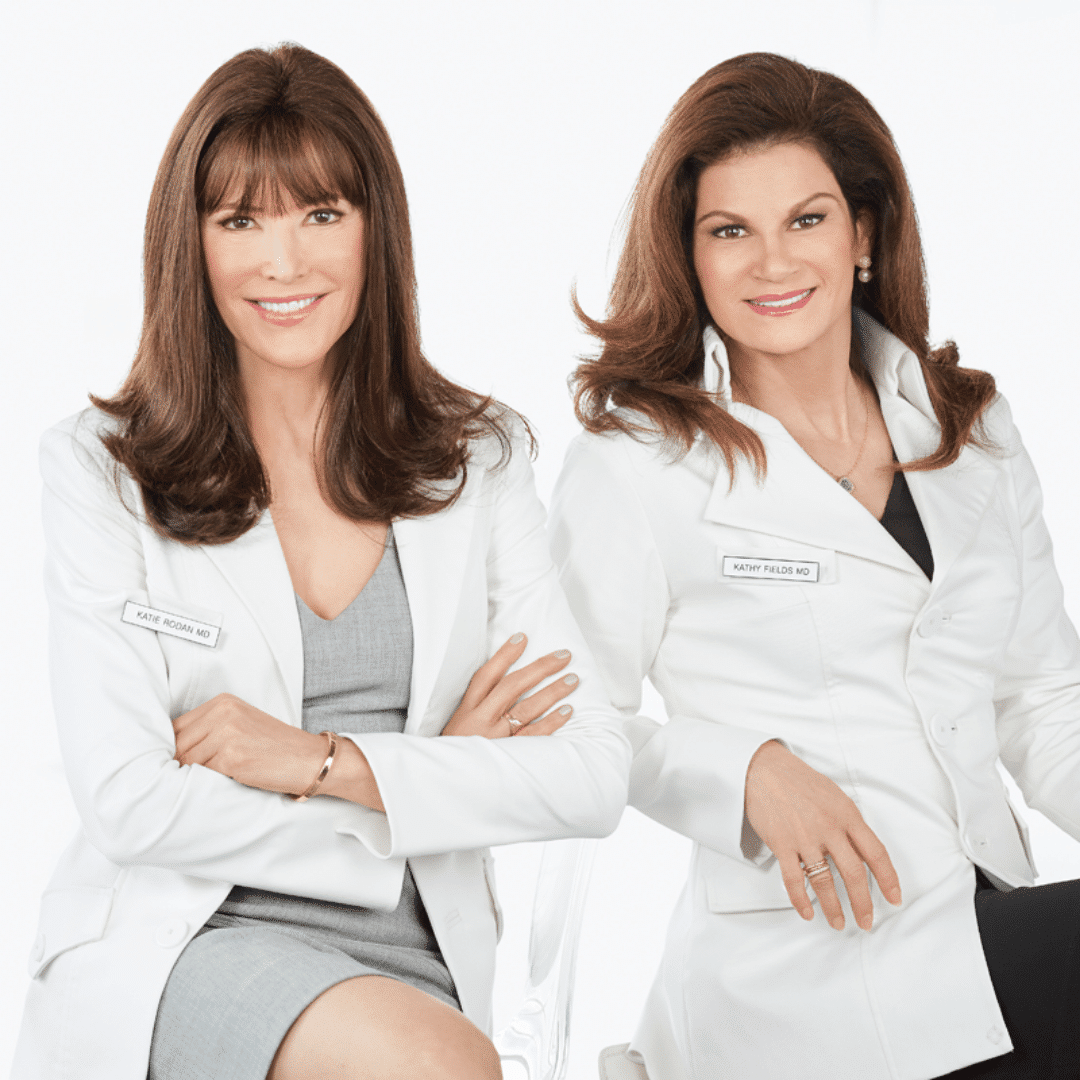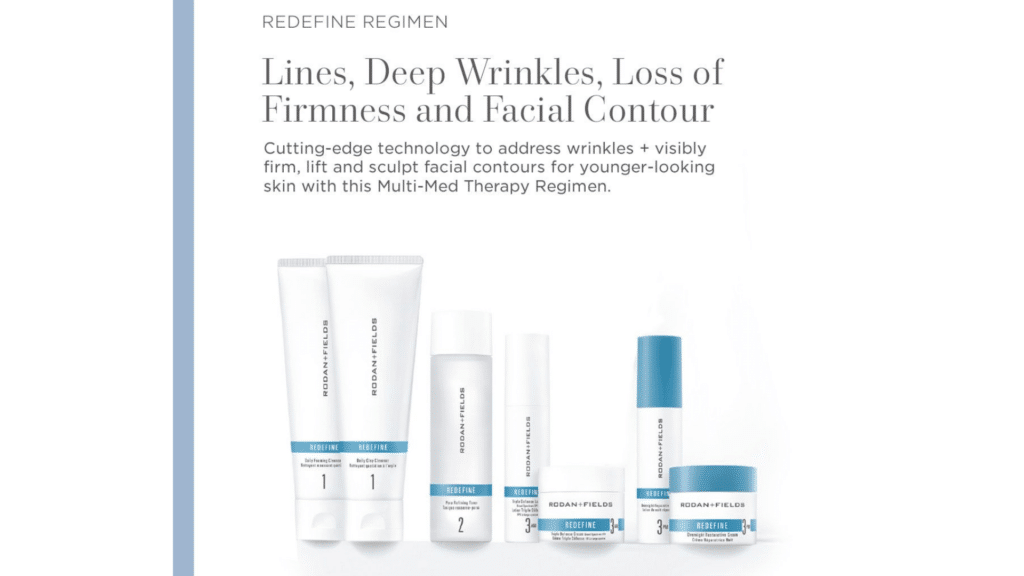Bakuchiol vs Retinol:
The Differences Between Them And Which One To Use
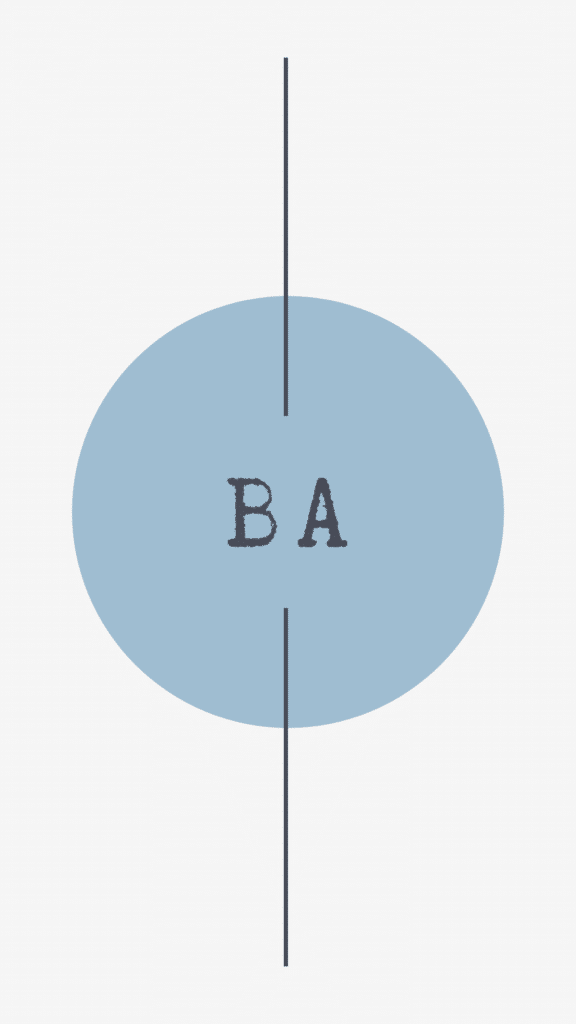
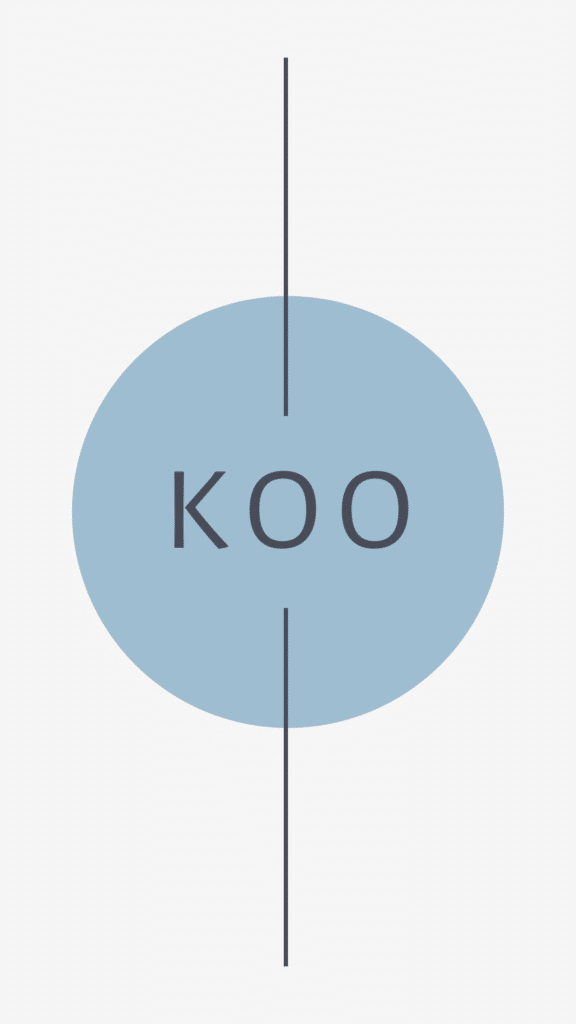
Bakuchiol vs Retinol – Skincare experts are likely to have come upon this component when looking for the best new skincare formulas. However, Bakuchiol is a buzzy, relatively new skincare ingredient. And, while skincare enthusiasts may be more aware of Bakuchiol’s benefits, the general consumer isn’t familiar with it or how it compares to Retinol.
Here, we answer all of your burning Bakuchiol vs Retinol questions, from what it is to how natural it is to its skin advantages. It has all of the information you require to educate your pals on all things Bakuchiol during your next skincare conversation in the group chat.
How To Say Bakuchiol?
Ba-Koo-Heel


